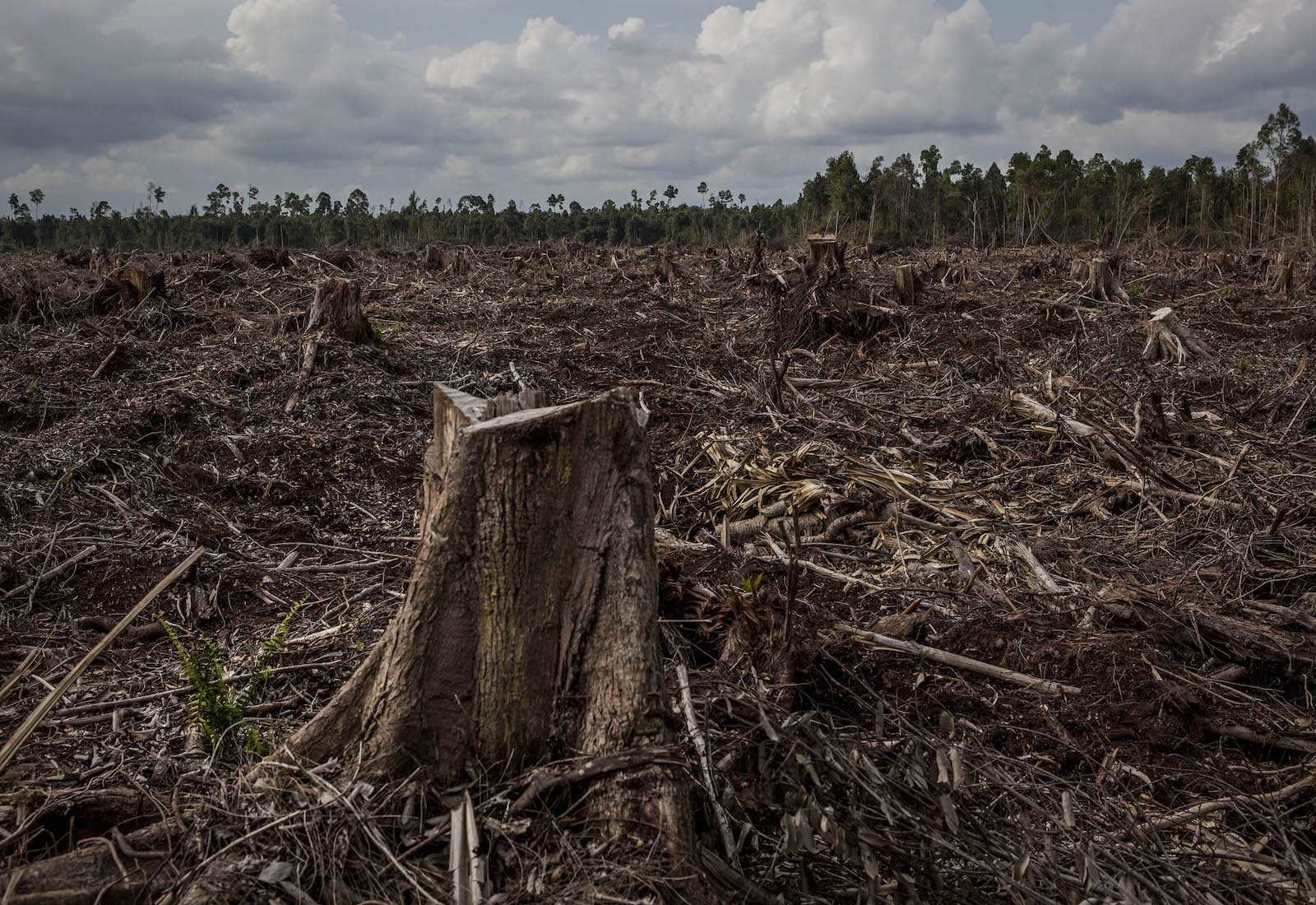The planet lost more than 1 billion acres of forest between 1960 and 2019, according to a new study published this week in the journal Environmental Research Letters. This deforestation happened faster than trees could replenish, amounting to a net loss of about 200 million acres of forestland over the past 60 years, an area nearly the size of Venezuela.
The study authors warn that this deforestation is already impacting 1.6 billion people worldwide who depend on forests for their livelihoods. If deforestation continues, they say, it could also jeopardize international goals to preserve biodiversity and limit global warming. “[T]he continuous loss and degradation of forests affect the integrity of forest ecosystems, reducing their ability to generate and provide essential services and sustain biodiversity,” the scientists said in a press release
The research, which was led by an international team of 10 scientists, used global land-use data, including from satellites, to document the planet’s loss and gain of forests for each decade between 1960 and 2019. Although Earth gained forest cover between 1960 and 1970, the study documented losses every decade after that, with deforestation accelerating rapidly starting in the 1990s. By 2010 to 2019, the world’s total forest cover was shrinking by nearly 1 million acres per year, thanks in large part to “unprecedented” commercial logging, new mining projects, and agricultural expansion.
In the Amazon, for example, illegal cattle ranching is helping drive record losses in forest cover as farmers clear large swathes of land for their herds to graze on. Devastating wildfires last year devoured tens of millions of acres of Russia’s boreal forests. And the Democratic Republic of Congo is raising new concerns with plans to auction off parts of its vast rainforests to oil and gas developers.
The research also found that low-income countries, particularly in the tropics, were more likely to lose forest cover than their wealthy counterparts. This supports the so-called “forest transition theory,” which holds that forest cover expands as a country’s socioeconomic conditions improve, perhaps because urbanization and development can draw workers away from rural areas.
Indonesia, Brazil, the Democratic Republic of Congo, Myanmar, Paraguay, and Colombia are among the countries that have seen the greatest deforestation since 1960. Notably, these nations are home to some of the world’s largest rainforests, which not only suck carbon dioxide out of the atmosphere but also create planet-cooling clouds and control global hydrological cycles. According to a study published earlier this year, tropical forests can cool the planet by an entire degree Celsius (1.8 degrees Fahrenheit).
Forests have other benefits, as well, like supporting millions of plant and animal species, many of which people use for medicine, energy, food, construction, and cultural practices. But there is increasing concern that these benefits could be eroded by unchecked deforestation, and that forests are losing their ability to bounce back after logging or natural disasters.
The study authors said in a press release that action is urgently needed “to reverse, or at least flatten, the global net forest loss curve by conserving the world’s remaining forests and restoring and rehabilitating degraded forest landscapes.” As first steps, they called for more monitoring of the world’s arboreal ecosystems and for wealthy nations to reduce their dependence on products imported from tropical forests.



